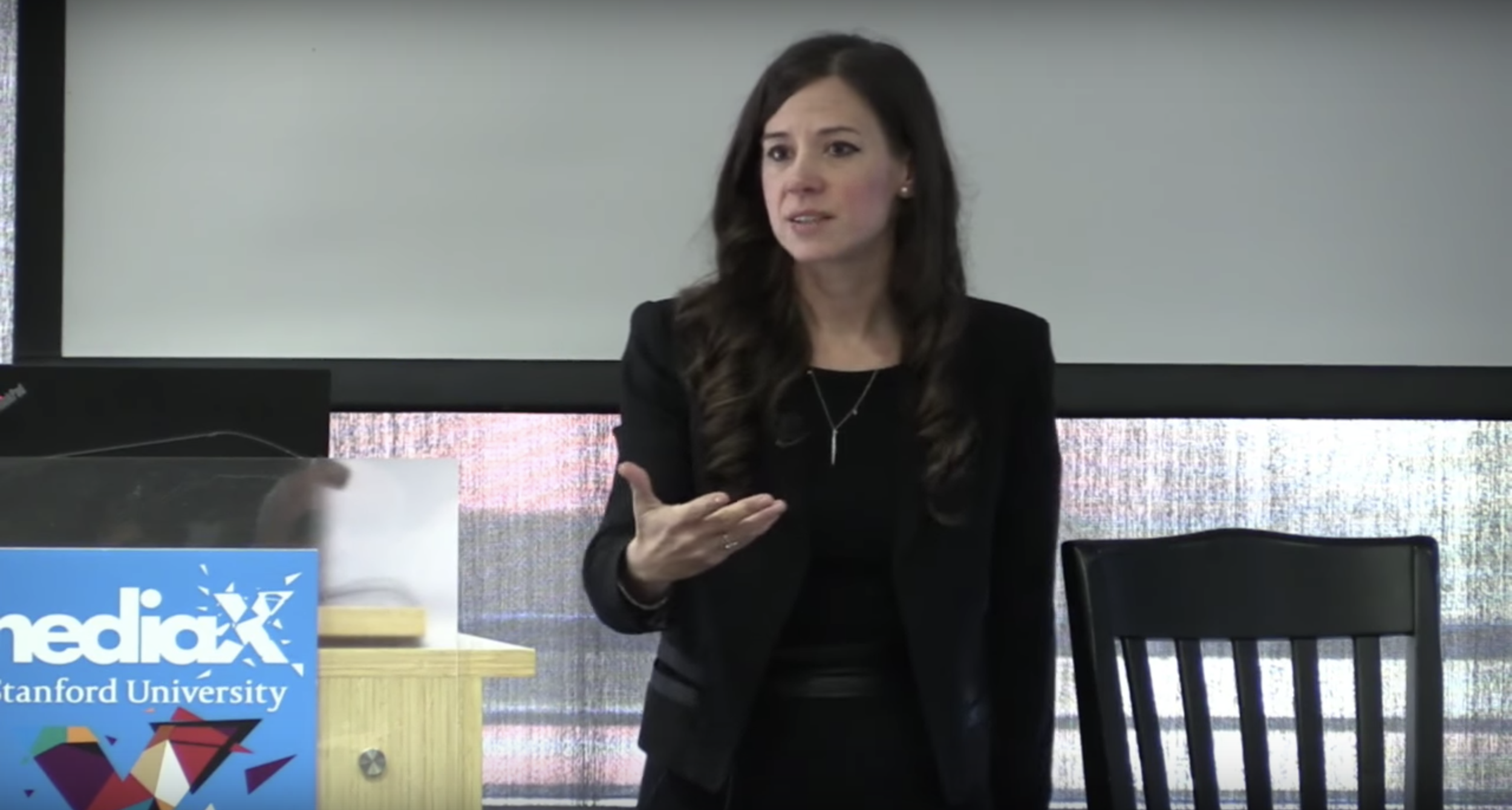Poppy Crum, PhD, is a frequent speaker on topics related to the intersection of human experience, artificial intelligence, sensory data-science, and immersive technologies. She has spoken on stages such as TED, SXSW, TNW Conference, Stanford University MediaX, Strata/Hadoop World, and HP Big Data, as well as keynotes for organizations such as iEEE, IHS Markit, EBU, ITU, ASA, and many academic institutions.
““Algorithm is not a dirty word, but right now it’s getting used that way. We need to change that.””
Watch Poppy's TED Talk
Speaking Topics
Poppy frequently speaks on the following topics:
Empathetic technology and embodied user experience
Hearable and wearable technology
Immersive technology and sensory experience
New ways of storytelling with changing forms of media
Impact of technology to enhance and elevate society
New dimensions of human experience and interaction through intelligent technology, sensors, and computational advancements
Enhancing human capability through technology
Successful futures for Human / AI collaboration
Neurophysiological and neuroplasticity insights towards consumer technology innovation
The probabilistic nature of human experience and what that means for technology
Restoring Our Sense of Safety and Social Freedom: The Role of Technology in a Post-Pandemic World
AI for Medical Insight: Caring for Our Health Without Leaving Our Homes Optimizing Human Performance Through Technology
Democratizing Technology To Better Our Collective Future
How Personalized Data Will Change The Way We Experience The World—And Why Not To Fear It
Example Past Corporate Speaking Engagements:
Cisco
Nike
Transplace
Sabre
Deloitte
Goldman Sachs
Mastercard
Dell
Indeed
Ping Identity
““The goal in technology innovation shouldn’t be to build algorithms that mimic neural function. Rather, it’s to understand neural function. The brain is basically, in many ways, a Rube Goldberg machine. We’ve got this limited set of evolutionary building blocks that we are able to use to get to a very complex end state. We need to be able to extract when that matters and integrate relevant neural processing strategies when it’s applicable. We also want to be able to identify that there are opportunities to be more efficient and more effective than our brain might be constrained to be. I think of it as table manners. You have to know all the rules before you can break them. That’s the big difference between being really cool or being a complete heathen.””
See Poppy On Stage
The Next Web
TEDx
Wired Health
Stanford University
““Other species often have amazing superpowers to do things that go way beyond what their physical bodies and a coarse look at their brain might tell you. Understanding how they solve the problems they do, and the how and why evolution solved that problem for them, gives us insights. We have to think that way. We have to think more about what the environmental pressures are on our systems, and how technology is going to best help us solve them.””





